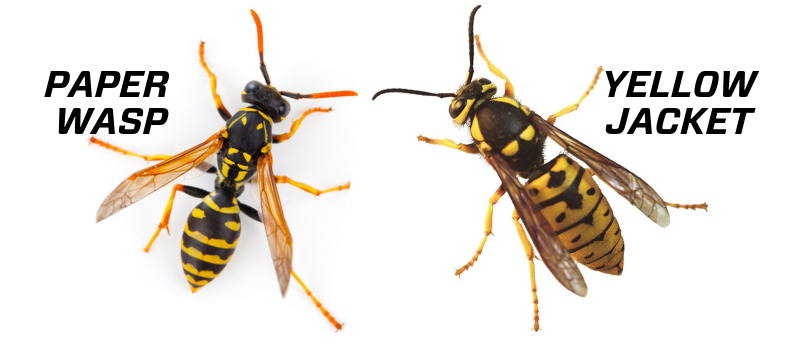It's one of the most common questions we get: How to tell a wasp from a yellowjacket.
The most common type of paper wasp is the European paper wasp. European paper wasps are yellow and black, and they sting -- so they are frequently mistaken for yellowjackets.
Wasp TrapStik Yellowjacket Trap
From their appearance, to their nests, to their behavior, here are five key ways to distinguish the two insects from each other.
PAPER WASPS vs. YELLOWJACKETS
Paper wasp appearance:
Paper wasps have slender, segmented bodies with a thin waist. Paper wasps also have orange-tipped antennae.
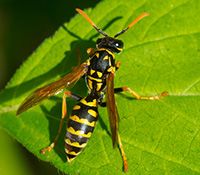
Yellowjacket appearance:
Yellowjackets have shorter and thicker bodies than paper wasps. Yellowjackets have black antennae.
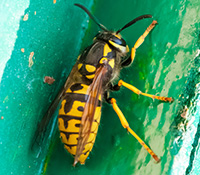
Paper wasps in flight:
Paper wasps dangle their long legs when they fly.
.jpg)
Yellowjackets in flight:
Yellowjackets tuck their legs under their bodies when they fly.
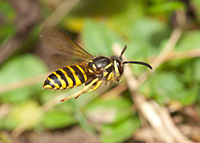
Paper wasp nests:
Paper wasp nests resemble an open honeycomb or upside-down umbrella. They often build their nests on man-made structures such as eaves or lawn furniture.
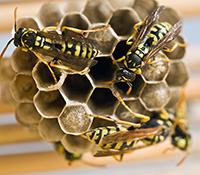
Yellowjacket nests:
Yellowjacket nests have a single opening that is often hard to see because the nest is underground. Some species of yellowjackets will construct nests in wall voids or exposed under eaves of houses.
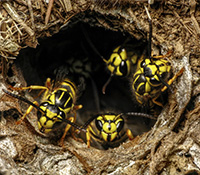
Paper wasp behavior:
Paper wasps feed on damaged fruits and can be found on flowers looking for nectar. They do some pollination, but are not efficent because they don't have fuzzy bodies on which pollen can stick. They scrape wood from structures to make their nests.
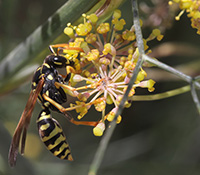
Yellowjacket behavior:
Yellowjackets are picnic pests; they're drawn to protein sources, such as grilled meat. They also go after sweet liquids like soda and juice. Instead of visiting flowers for pollination, yellowjackets go after other insects.
.jpg)
Paper wasp aggression:
Paper wasps are generally docile and avoid humans; they usually will sting if the nest is disturbed. They can sting repeatedly.
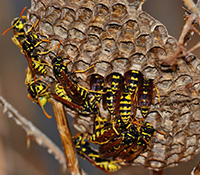
Yellowjacket aggression:
Yellowjackets are more aggressive than paper wasps. They defend their nest, but will also sting unprovoked. They are prone to swarm attacks if their nest is threatened.
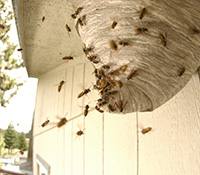
To catch paper wasps, the best product is the TrapStik® for Wasps.
To catch yellowjackets, you can either use our Reusable Yellowjacket Trap or Disposable Yellowjacket Trap.
If you have both paper wasps and yellowjackets, our W·H·Y® Trap captures both.
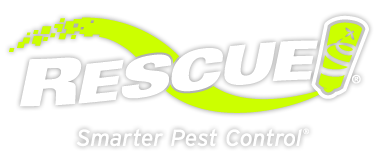

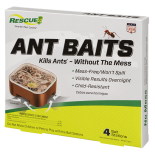 Ant Baits
Ant Baits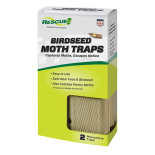 Birdseed Moth Trap
Birdseed Moth Trap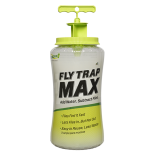 Fly Trap Max
Fly Trap Max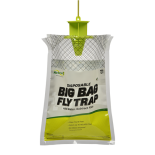 Fly Trap, Big Bag
Fly Trap, Big Bag 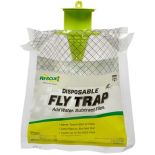 Fly Trap, Disposable
Fly Trap, Disposable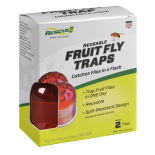 Fly Trap, Fruit Fly
Fly Trap, Fruit Fly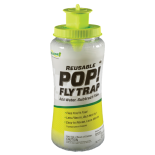 Fly Trap, POP! Fly
Fly Trap, POP! Fly 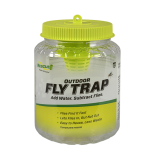 Fly Trap, Reusable
Fly Trap, Reusable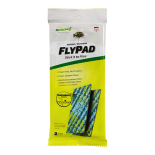 FlyPad
FlyPad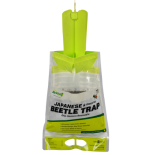 Japanese & Oriental Beetle Trap
Japanese & Oriental Beetle Trap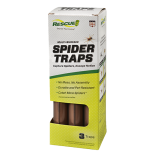 Spider Trap
Spider Trap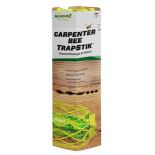 TrapStik, Carpenter Bee
TrapStik, Carpenter Bee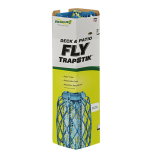 TrapStik, Deck & Patio Fly
TrapStik, Deck & Patio Fly 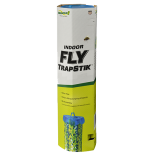 TrapStik, Indoor Fly
TrapStik, Indoor Fly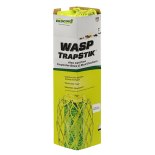 TrapStik, Wasp
TrapStik, Wasp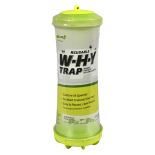 W·H·Y Trap for Wasps, Hornets & Yellowjackets
W·H·Y Trap for Wasps, Hornets & Yellowjackets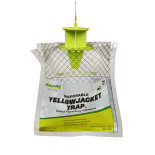 Yellowjacket Trap, Disposable
Yellowjacket Trap, Disposable 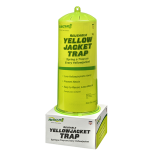 Yellowjacket Trap, Reusable
Yellowjacket Trap, Reusable 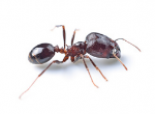 Ants
Ants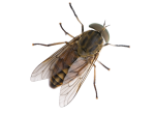 Biting Flies
Biting Flies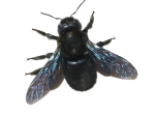 Carpenter Bees
Carpenter Bees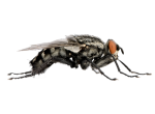 Flies
Flies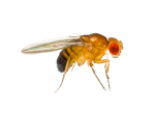 Fruit Flies
Fruit Flies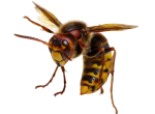 Hornets
Hornets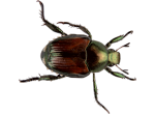 Japanese Beetles
Japanese Beetles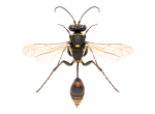 Mud Daubers
Mud Daubers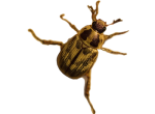 Oriental Beetles
Oriental Beetles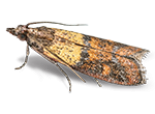 Birdseed & Pantry Moths
Birdseed & Pantry Moths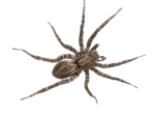 Spiders
Spiders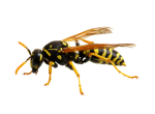 Wasps
Wasps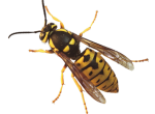 Yellowjackets
Yellowjackets